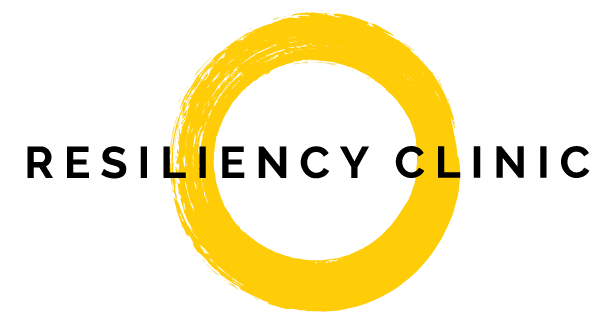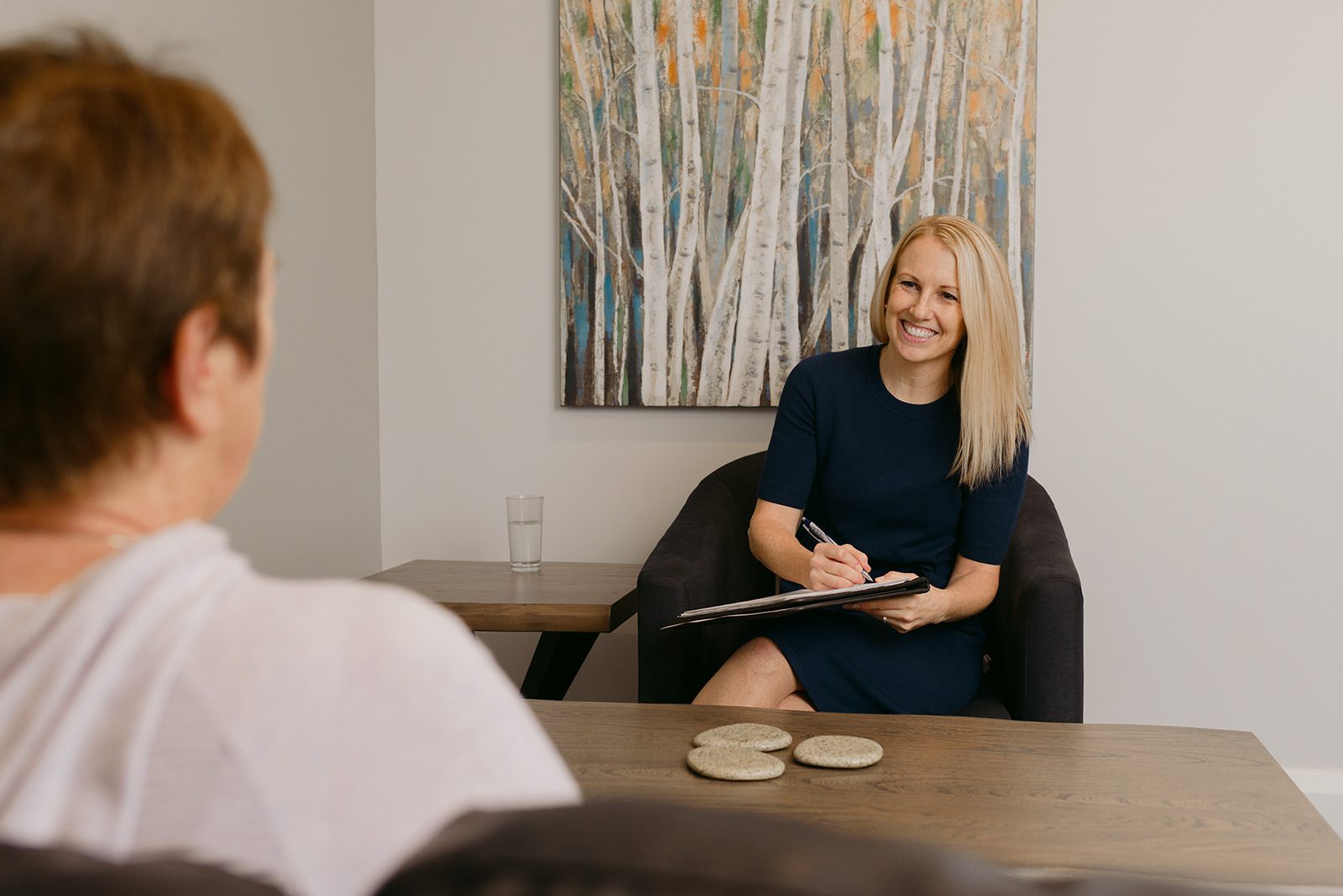Aaron Beck founded the CBT approach and other leaders in our field have moved this work forward. I was lucky in my early years of practice to receive a lot of training from two psychologists trained and mentored directly by Dr. Beck (Dr. Christine Padesky and Dr. Brian Shaw) and I feel passionate about helping other therapists and clients practice this amazing approach.
In our group program, Resiliency Bootcamp, we use the Mind Over Mood manual for CBT, written by Dr. Christine Padesky and Dr. Dennis Greenberger, to teach us about the process of changing our thoughts in order to change our moods. In individual therapy, we are always paying attention to how thoughts drive moods like depression, anxiety, anger, guilt, and shame. Over the course of our lives, we develop thoughts and beliefs that can fuel and maintain problematic behaviors and physical symptoms.
We cannot just make the negative thoughts go away, we need to gradually balance and replace them with more realistic thoughts.
CBT is not about just “positive” thinking, but about developing more balanced and realistic thinking.
In CBT, we look at the patterns in someone’s life across five components: their environment, thoughts, moods, behaviors, and physical symptoms. We then try to figure out where to start making the changes that will spark a more positive interaction amongst the other components. For example, someone who is feeling depressed may need to make a behavior change, like taking their medication every day or going for a walk, in order to stabilize their mood. Then, perhaps, they can start working on changing thoughts. Someone else who is really anxious may need to start off by balancing thoughts before changing a problematic behavior like avoidance. Every client and every problem is different, requiring a customized approach every time.

Our thoughts are complicated, and yet in some ways change is really simple.
A little bit better is still better, so we start with realistic goals and celebrate the successes. Then we build on each success to help you reach your overall goal in therapy. It is a real honor to see our clients grow and develop long-term skills to help them feel better!







